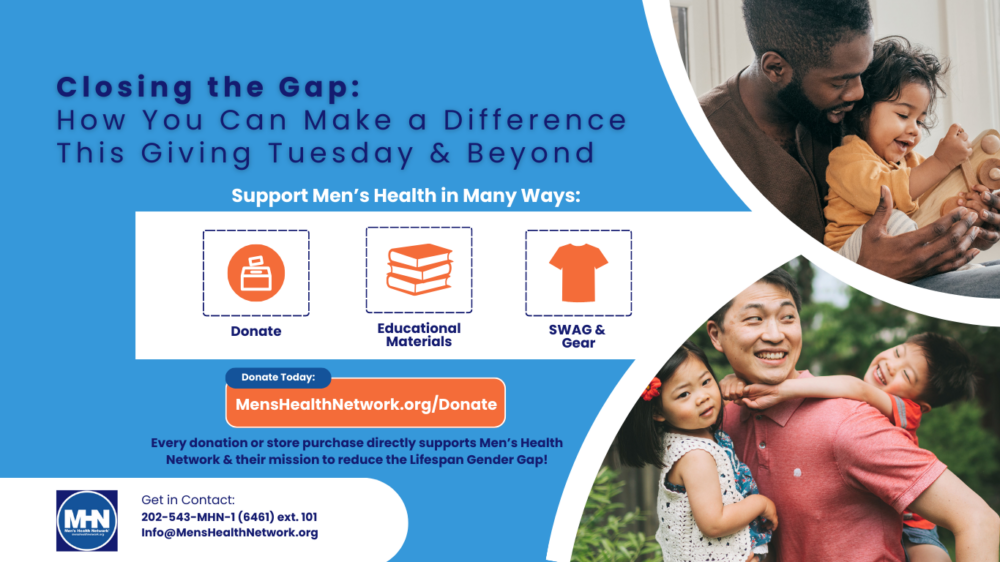Identify Symptoms of Addiction
Before you can help your loved one seek out treatment for the addiction, you need to be able to identify what they are addicted to. As with any type of addiction, there are certain symptoms that go along with the addiction. As mentioned above, each person can exhibit a variety of symptoms that are unique to them. These may include, nausea, insomnia, anxiety, loss of appetite, and much more. When dealing with addiction, these symptoms can show up at different stages of their substance abuse. On top of physical symptoms, you also want to look for changes in psychological behavior.
Seek Treatment for Your Love One
Once you have identified that your love one does, in fact, have a problem with addiction, you need to seek out help for them immediately. Addiction can be extremely dangerous and even fatal. The quicker you can get help, the quicker your loved one can start the recovery process. Convincing your loved one they need help can be one of the toughest parts of the process. This may require additional support on your end by staging an intervention. You want to be careful when approaching the abuser as this can determine whether they accept the help or not. There are several ways you can go about confronting your loved one including writing them a letter, holding an intervention, or just requesting they seek treatment for the betterment of the family.
Provide Support Along the Way
More than anything, your loved one will need continuous support throughout their journey of recovery. Even if they backslide, you will need to be a constant presence in their life. Seeking treatment for an addiction that is taking over their life can be scary regardless of how beneficial it is for them. During the treatment process, your loved one will undergo extensive counseling. They will be dealing with everything from why they began their addiction to how they have treated others because of it. These counseling sessions can be overwhelming and eye opening, but they can also be very emotionally draining. It is important that you attend any counseling sessions with them to help understand what they may be going through. To be more supportive, you need to attend counseling on your own as well. This will help you handle the recovery process so you can be strong for your loved one.



